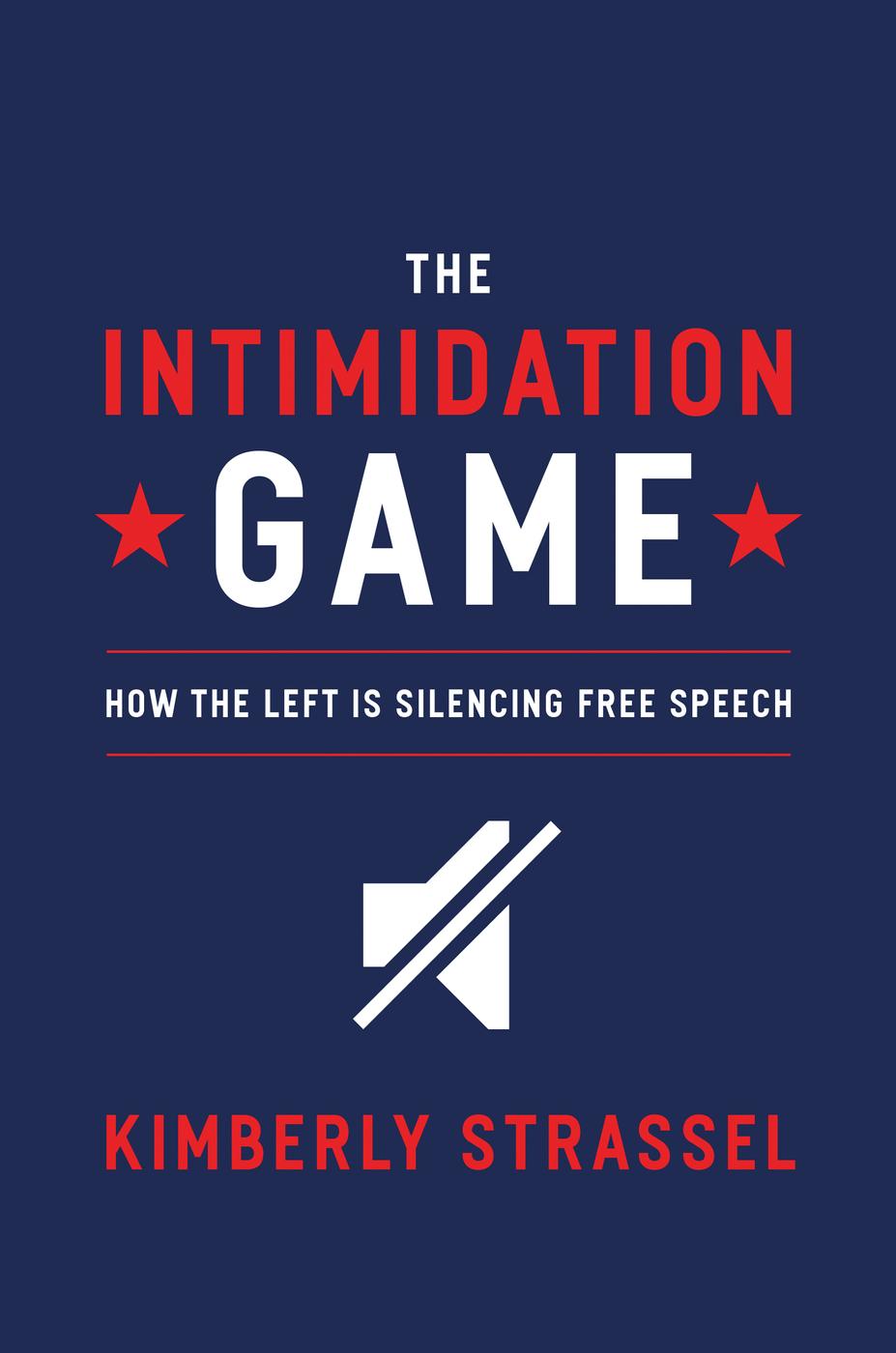
The Intimidation Game
How the Left Is Silencing Free Speech
کتاب های مرتبط
- اطلاعات
- نقد و بررسی
- دیدگاه کاربران
نقد و بررسی

April 18, 2016
According to Strassel, a Wall Street Journal columnist and member of the newspaper’s editorial board, the Democratic Party and liberals are increasingly focused on silencing political opposition. Strassel collects disturbing stories of right-of-center nonprofits, donors, and trade associations targeted for political reasons. Recounting what appears to be a shocking, concerted Internal Revenue Service drive against nonprofit conservative advocacy groups, Strassel concludes that IRS officials, zeroing in on the Tea Party insurgency, plotted to keep shady activities secret and then lied to Congress without penalty. She also documents tactics and strategies used to demonize Republican donors Charles and David Koch. Strassel seesaws confusingly between diverse political intimidation campaigns and specific election spending disputes around the Supreme Court’s Citizens United decision. She backs up her tales with high-minded election-finance reform proposals. Though often sidetracked by Washington-insider fine points, Strassel draws a timely, convincing, and alarming picture of liberal governance and a Democratic machine that’s eager to bully resistant citizens. Agent: Jay Mandel, William Morris Endeavor.

May 1, 2016
In her debut, a Wall Street Journal columnist and editorial board member excoriates the left's use of campaign finance laws to stifle free speech and free association.On First Amendment grounds, the 2010 Supreme Court's Citizens United decision overturned a number of federal campaign spending restrictions. Nevertheless, overlooking a noble American tradition of anonymous participation in politics stretching back to the Federalist Papers, the court left undisturbed a number of forced disclosure provisions seemingly at odds with a 1958 decision denying Alabama's attempt to require disclosure of the state NAACP's membership/donor list and another in 1995, striking down an Ohio statute prohibiting anonymous campaign literature. Citizens United fueled activists' outrage at the continued influence of "special interests" and the power of "dark money" in our politics. Under the banner of "transparency," "cleaner," "more open" elections, activists have used the forced disclosure provisions to harass, humiliate, and threaten critics and to discourage political participation and speech. These, writes the author, are the hallmarks of "the modern intimidation game." Her fiery, thoroughly reported, three-part story focuses on the IRS targeting and obstructing--under notorious apparatchik Lois Lerner--applications by tea party related groups for tax exempt status; the appalling tactics attending Wisconsin's gubernatorial 2012 recall election; and the widespread use of the proxy movement and boycotts to disrupt corporate governance and blackmail business. Running through each tale are common themes: government agencies who, either out of righteous institutional bias or ideological agreement, conspire with activists to advance their agendas; the supercharging effect of the Internet and social media that makes these modern retribution campaigns so much easier and effective; and the genuine damage done to individuals, groups, and businesses who never dreamed they would pay such a price for exercising their rights to speech and assembly. An eye-opening lesson in the law of unintended consequences: where "a vast new disclosure regime" intended to curb corruption has spawned a corruption all its own.
COPYRIGHT(2016) Kirkus Reviews, ALL RIGHTS RESERVED.

























دیدگاه کاربران